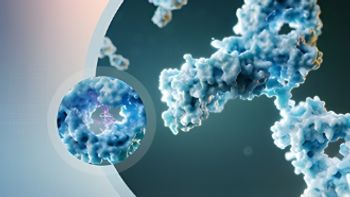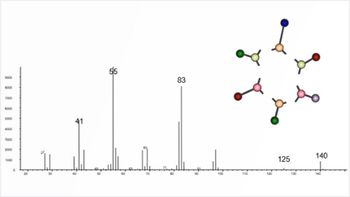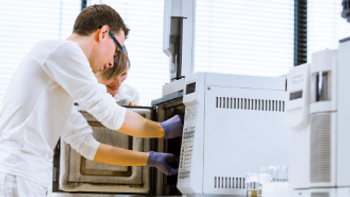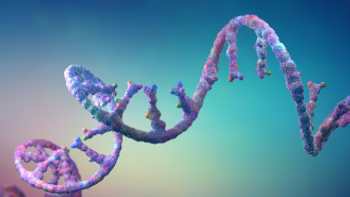
New Mass Spec Technique Provides Rapid Elemental Analysis of Battery Materials
Webinar Date/Time: Tue, Sep 12, 2023 2:00 PM EDT
Learn how it can accelerate battery material quality control and failure analysis through trace-level detection of nearly the entire periodic table, elemental mapping, and depth profiling.
Register Free:
Event Overview
To reduce costs and increase energy efficiency of traditional batteries, the battery industry is constantly innovating with new materials. To assure quality, manufacturers must verify elemental composition and confirm key elements are evenly distributed in the process. A new technology for rapid chemical characterization of solid materials can accelerate new material development, quality control, and failure analysis. By combining an innovative dual-laser system with time-of-flight mass spectrometry, this new technique provides:
- High vacuum environment after the solid sample is loaded
- Trace-level detection for nearly the entire periodic table (lithium to uranium), including nonmetals
- Elemental mapping up to an 83-mm by 83-mm area with 5–200-micron resolution
- Depth profiling at approximately 0.5–1 micron per second
Key Learning Objectives:
- The importance of elemental characterization for quality control and failure analysis of battery materials
- The fundamentals of a new technology, Laser Ablation Laser Ionization Time of Flight Mass Spectrometry (LALI-TOF-MS)
- Demo of the LALI-TOF-MS instrument’s intuitive user interface and case studies relevant to battery material quality control and failure analysis
Who Should Attend:
- Materials Scientists
- Research Scientists
- Research Chemists
- Quality Engineers
Speaker:
Jeff Williams
CEO / CTO
Exum Instruments
Bound to the vision of Exum Instruments, Jeff Williams drives both strategy and technical development as CEO / CTO. From instrument design and software development to team building and fundraising, Jeff prides himself on being both “head cook and bottle washer.” Before Exum, Jeff completed a master’s degree in cosmochemistry from the University of New Mexico. At that time, he realized that the analytical world he loved so much was greatly lacking. Slowly at first, and then all at once, he switched hats from research scientist to entrepreneur with a mission to develop tools that would redefine analytical instruments forever.
Register Free:
Newsletter
Join the global community of analytical scientists who trust LCGC for insights on the latest techniques, trends, and expert solutions in chromatography.




